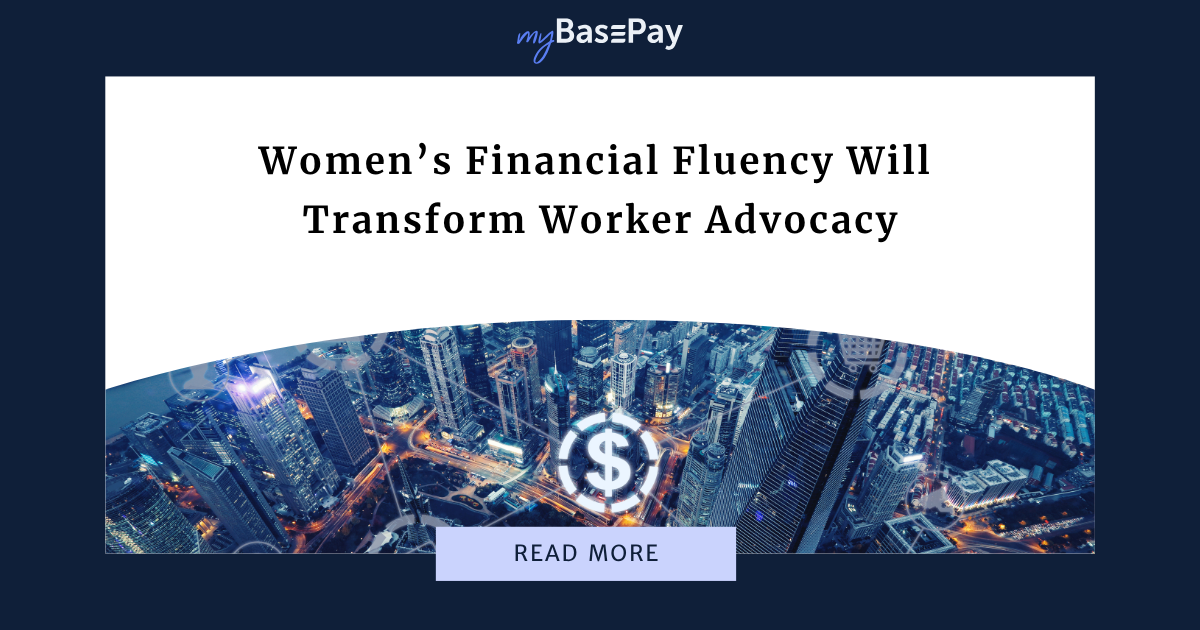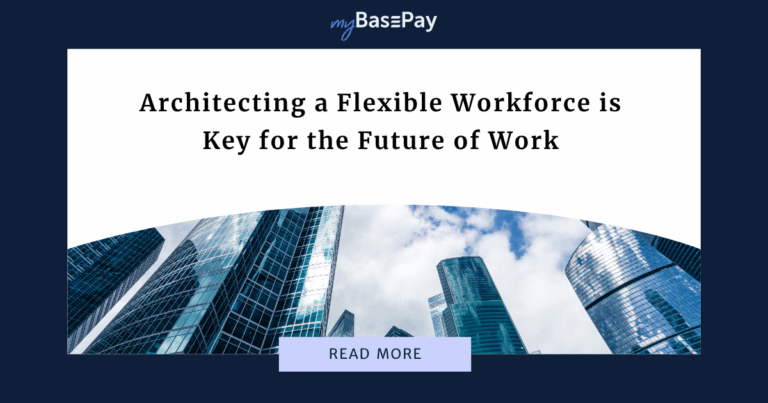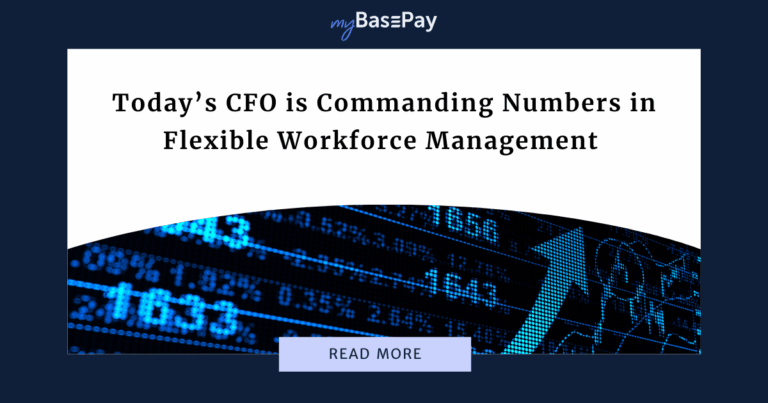Women’s Financial Fluency Will Transform Worker Advocacy
By Chantal Schutz
We are standing at the threshold of a massive shift in wealth, power, and leadership. The statistics are undeniable: Gen Z is set to inherit and control over $100 trillion in wealth, one of the largest intergenerational wealth transfers in history. This isn’t just about money changing hands. It’s about power changing direction, and that power is increasingly flowing toward women who understand that true financial impact means uplifting the workforce that creates the wealth. It’s time to rewrite the rules of work itself.
When Women Control Wealth, Workers Win Connection
Between 2018 and 2023, global wealth increased by 43%, but women’s wealth jumped by 51%. By 2040, women are on track to control 40-45% of all retail financial assets in the USA and UK. This acceleration is happening alongside a fundamental reimagining of what it means to create sustainable value in the world of work.
Financial literacy is leadership that revolves, in part, around worker advocacy. When women embrace what Xero’s CEO Sukhinder Singh Cassidy calls “thinking like investors, not savers,” they’re not just building personal wealth. They’re building the financial fluency that recognizes sustainable returns depend on sustainable workforces that have historically undervalued human capital.
The Power of Numbers in Worker Advocacy
Every great CEO needs an exceptional CFO, and increasingly, that CFO is a woman who understands that the numbers tell a story about people, not just profits. Christine Lagarde, President of the ECB, convened global leaders around financial literacy and gender equity, and she recognized that economic stability is grounded in women’s financial empowerment, and women’s financial empowerment is intrinsically linked to worker empowerment.
This matters because artificial intelligence is changing the playing field, and finance is no exception. As AI compresses financial close cycles and accelerates insight, the women who will lead won’t be those who outsource thinking to algorithms. They’ll be the ones who pair their judgment with machine-driven insights to see what others miss, that long-term shareholder value requires long-term worker investment.
As the newly appointed CFO of myBasePay, I recognize the position we are in as a market-leading VOR/EOR and the impact we must unlock that investment within our own organization and our customers and partners.
Wealth Transfer as Worker Empowerment
By 2030, U.S. women are projected to control $30-34 trillion in assets. By 2040, on a global scale, that number will be staggering. But inheriting wealth is just the start; it’s not the same as multiplying it responsibly. Financially fluent women will seek to leave a legacy, and increasingly, that legacy includes redefining what it means to create value through work. They understand that the “great wealth transfer” isn’t just about moving money, it’s about moving toward more equitable models of value creation and distribution.
Confidence as Currency for Worker Rights
What makes women’s financial fluency different is it’s increasingly paired with a deep understanding that confident financial leadership means confident advocacy for the workforce that creates the value being measured.
When women leaders speak fluently about revenue, cash flows, margins, dilution, and ROI, they’re developing the financial vocabulary to articulate why worker investment isn’t a cost center, it’s a value driver. They’re building numerical literacy to prove that companies with engaged, well-compensated workforces perform better morally and financially.
Traditional financial leadership has often treated labor as a cost to be minimized; women’s financial fluency is increasingly recognizing labor as an asset to be maximized. This shift represents a fundamental reimagining of corporate finance, where P&L optimization includes workforce optimization, and cash flow management includes ensuring workers can afford to participate in the economy they’re helping to create.
Every quarter that organizations put off this reckoning, they delay their own future. Every financial decision made without considering workforce impact erodes the trust and engagement that drive sustainable performance. Every investor meeting that prioritizes short-term cost reduction over long-term human capital development leaves lasting value on the table.
The Future is Closer Than We Think
2040 feels far away, but the transformation is already underway. The women who will lead that future are those who understand that financial fluency is about writing new stories about how wealth gets created and shared.
Organizations that fail to embrace this new model of financially fluent, worker-focused leadership will find themselves struggling to catch up to leaders who understand that the most powerful numbers in business are the ones that measure humans flourishing alongside financial returns.
I’m excited about what lies ahead for myBasePay and how we are shaping conversations, interactions, and the Seven Generations of Wealth.



